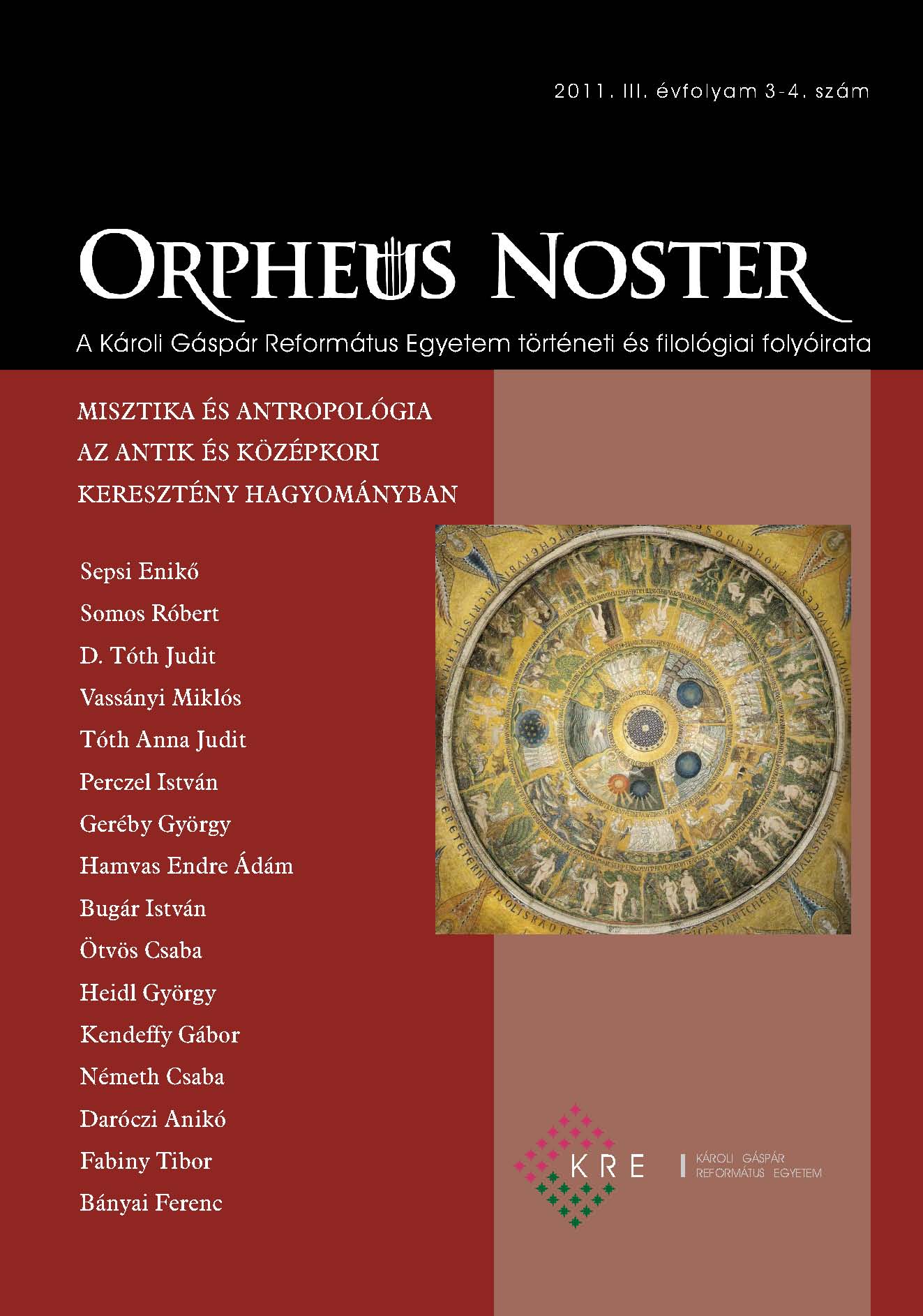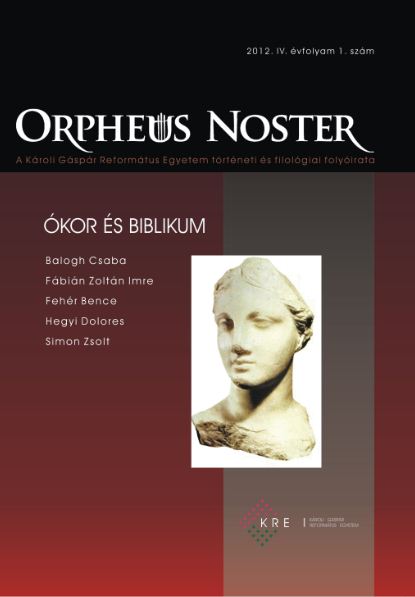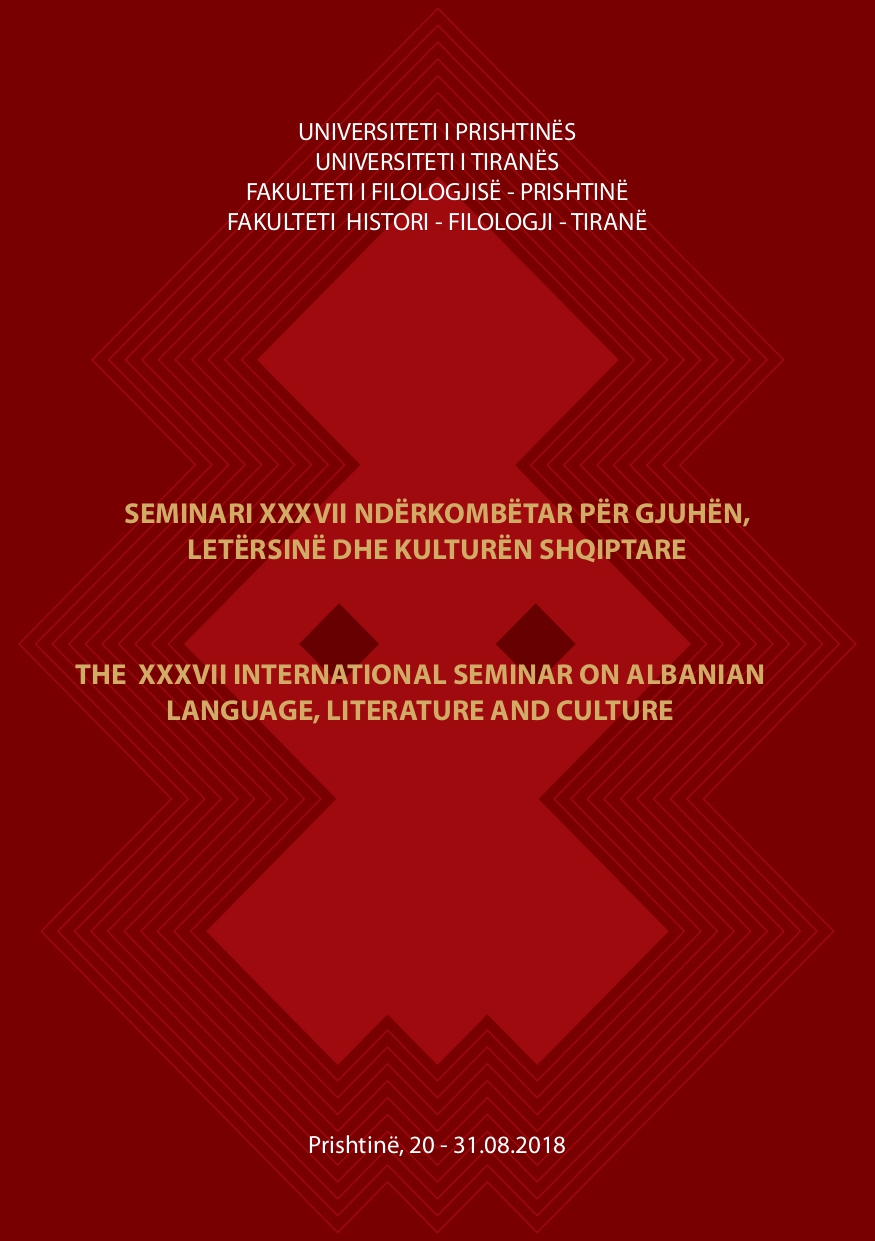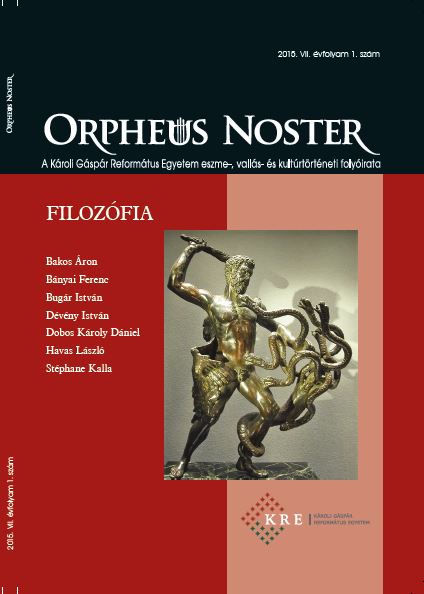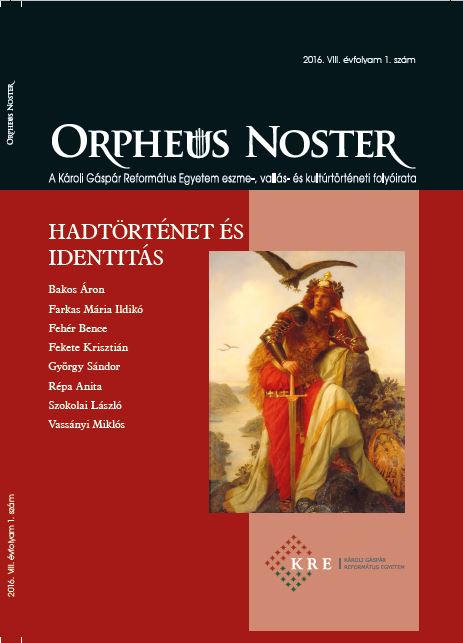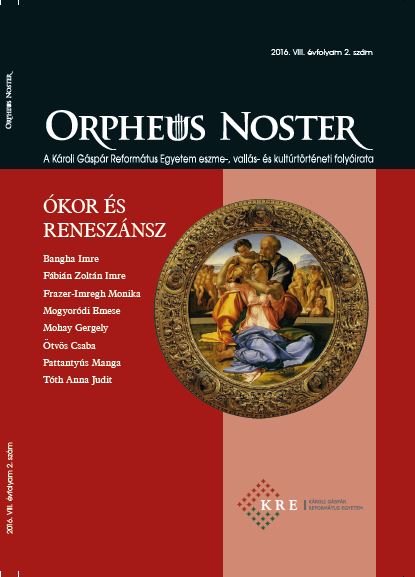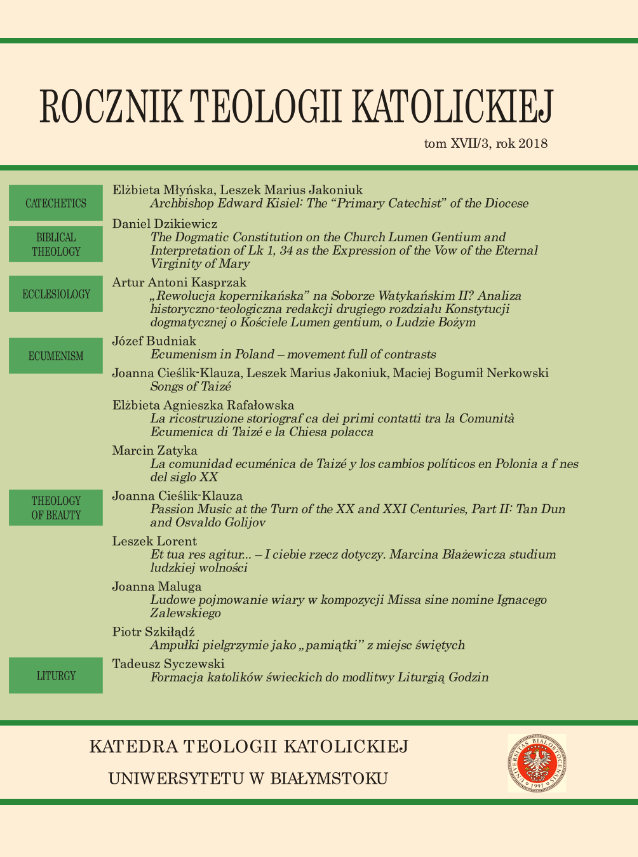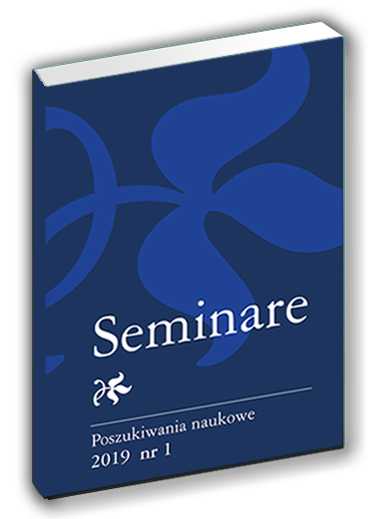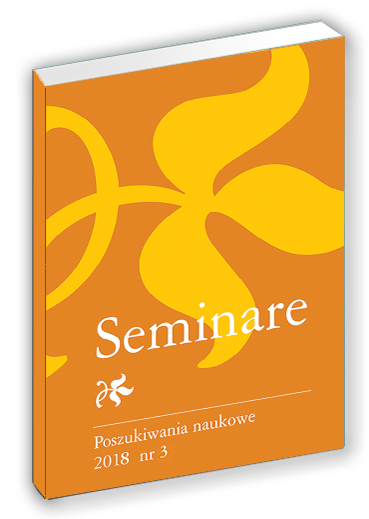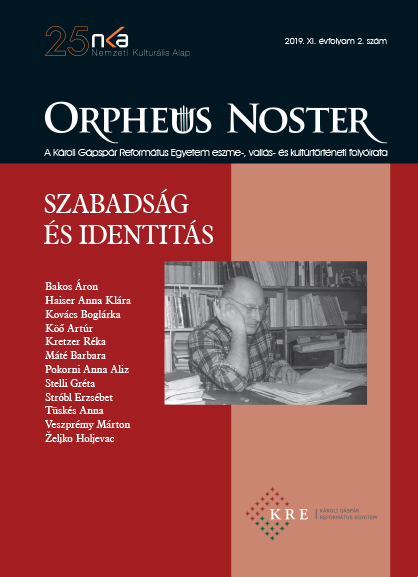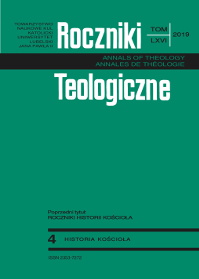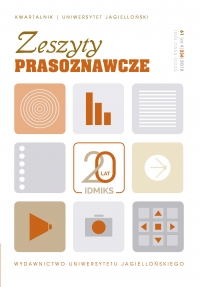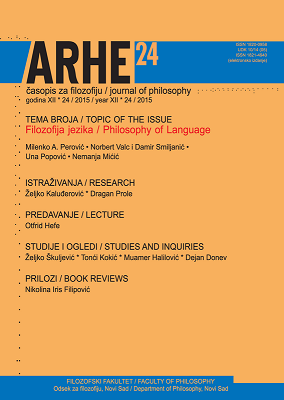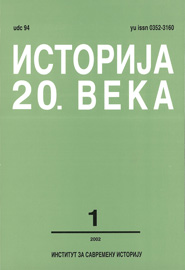İbn Miskeveyh’in Nefs Anlayışı
The purpose of this study is to examine Ibn Miskawayh's concept of soul in general terms; more specifically, to analyze the sensory and intellectual perception problems. He deals with the soul in two main lines. The soul as the basis of moral principles; as the subject of sensual and intellectual perception. These two fields can not be separated by sharp lines, however, in this study, the soul concept is studied on the basis of sensory and intellectual problems. Ibn Miskawayh follows Peripatetic philosophers and uses the word ‘soul’ for both the terrestrial region and the celestial region, in the same sense. Ibn Miskawayh's theory of soul is basically based on the Aristotelian tradition. He defines the soul must be the first actuality of a naturally organised body. Soul is the basis of life, vitality and immortality. Soul determines the hierarchical chain of existence, not matter. The soul has different powers for plants, animals and humans, but this does not contrast with the unity and integrity of the soul. Man shares some faculty with plants and animals, but he is separated from other creatures by having intelligence. The sensation, imagination and fantasy are the stages of the material perception level, in man. The mind perceives universal forms. The mind has two tendencies; towards sensation and intelligible world. The mind can only perceives the supreme intelligible forms by turning to its own self. The human soul which is able to obtain intelligible forms and independent of the body is eternal essence and its source is divine.
More...
